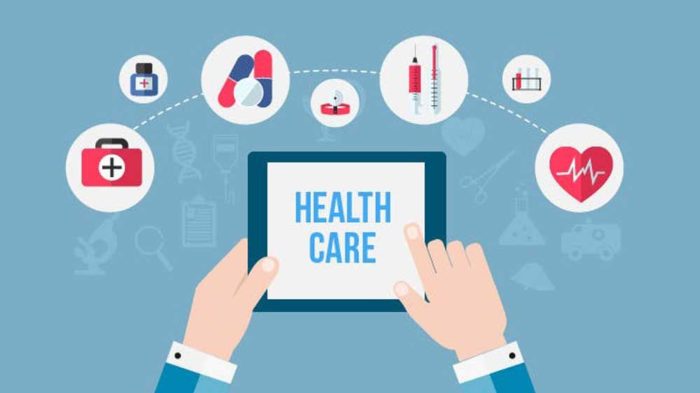The impact smart healthcare cards can have on the healthcare sector in South Africa
April 2021
What is a smart card ?
A smart card is a small card or similar device with an embedded integrated circuit chip. What makes the card smart is the embedded chip. The chip is a powerful minicomputer that can be programmed for different applications. The chip enables a smart card to store and access data and applications securely and exchange data securely with readers and other systems. Smart card technology can provide high levels of security and privacy protection, making smart cards ideal for handling sensitive information such as identity and personal health information.
How can smart healthcare cards help healthcare providers ?
Smart card-based systems can support numerous applications and capabilities that are important to healthcare providers:
-
- Offer support for emergency medical services, including providing data to authorized response personnel and tracking patients during an emergency or disaster
-
- Accurate patient identification during a doctors consultation, hospital visit or any other interaction with a healthcare provider
-
- Confirmation of a patients identity for Medical aid or Medicare health insurance purposes
-
- Payment collection, using the card for a financial transaction
-
- Automatic check-in at a healthcare provider
- Secure, convenient access to patient health information by healthcare providers using smart healthcare cards for identity authentication
How can smart healthcare cards help hospitals?
Smart healthcare cards can significantly reduce hospital administrative costs while maintaining or improving current levels of quality of care and customer service.
The use of a smart healthcare card can benefit hospitals in several ways:
Assist in making the process of patient identification easier
Real-time verification is a superior method for confirming the identity of an incoming patient, and smart cards can be highly reliable and secure identifiers. The cards can securely store various identity credentials (such as a PIN, photo, or biometric data) on the card. A smart card can also support digital signatures, which can guarantee that information has not been modified.
Increase administrative efficiency
The time and resources required to admit a patient are critical measurements of a hospital’s efficiency. Busy waiting rooms, thin staffing levels, language barriers, and manual transcription of important data from handwritten forms all create opportunities for error.
Smart healthcare cards can decrease the time required for admissions by providing immediate access to accurate, up-to-date patient information.
Increase privacy, security, and confidentiality of patients
Due to the fact a smart healthcare card is in the possession of the patient, and because information is supplied by providers in an “approved” network with audit capabilities, smart cards can provide privacy and security well beyond any paper system.
The patient information on a smart card can be encrypted using robust standard cryptography methods that are extremely secure. Smart card technology can also improve internal hospital security systems.
Using smart cards as employee IDs can enable hospitals to limit an employee’s physical access to the specific buildings and areas within buildings (including medication cabinets) that are appropriate for that employee’s responsibilities.
Are any hospitals or healthcare systems currently using smart cards?
Countries throughout Europe and Asia are providing their citizens with smart cards. Some use the cards in their national healthcare programs. Others have smart card-based national ID programs. In all cases, the cards are used by patients as authenticated identifiers to match them to their individual medical records, store relevant patient information, and pass admissions information into the hospital’s admitting software, thereby automating the process.
What are the IT requirements to implement smart healthcare cards in hospitals within South Africa?
As with any IT project, specific requirements for a smart healthcare card system will depend upon the selected product and scope of the implementation. Regardless, the operational concept and architecture of a smart healthcare card system is straightforward, with implementation at any scale including the following common elements:
Cards: A variety of contact and contactless cards can be used. Actual card-based solutions incorporating printed individualized text, branding logos, colours etc, and/or patient photos will need to be arranged with a PVC card manufacturer like Cards Plus.
Readers: Many readers capable of reading and updating data stored on smart cards are commercially available. Many have the familiar look of credit card readers and are, in fact, also used in commercial transaction settings. Readers may support contact transactions; contactless transactions; or both.
Software and Servers: Middleware and/or application software is deployed at point of interaction to facilitate the secure exchange of data between card and reader and to enable user inspection of card data if required.
As the global healthcare industry moves away from paper-based systems to digital and smart healthcare solutions, it is key that South Africa considers the move from our current way of doing things to a more efficient and effective smart healthcare card infrastructure.





